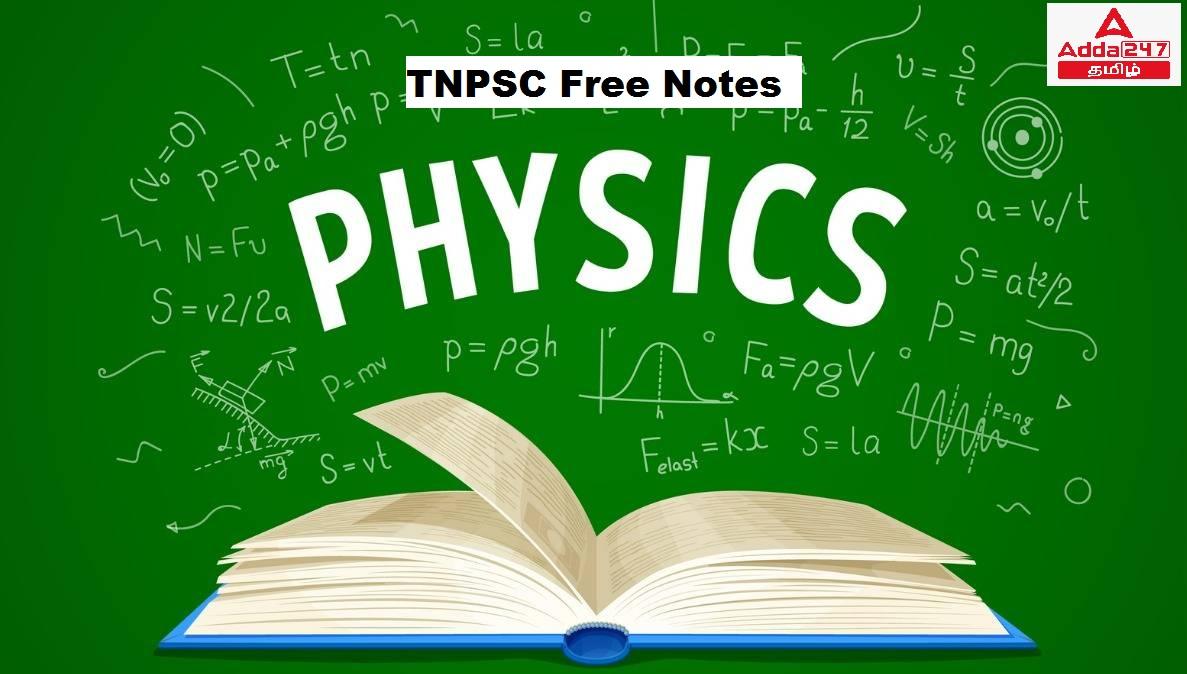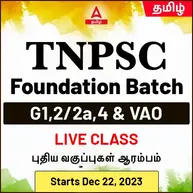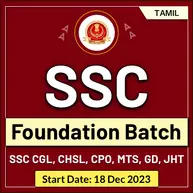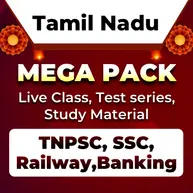இந்தக் கட்டுரையில், TNPSC குரூப் 1, குரூப் 2, குரூப் 2A, குரூப் 4 மாநிலப் போட்டித் தேர்வுகளான TNUSRB, TRB, TET, TNEB போன்றவற்றுக்கான முறைகள் இலவசக் குறிப்புகளைப் பெறுவீர்கள்.தேர்வுக்கு தயாராவோர் இங்குள்ள பாடக்குறிப்புகளை படித்து பயன்பெற வாழ்த்துகிறோம்.
Calorimeter
A calorimeter is a device used to measure the amount of heat gained or lost by a substance.
Specific Heat Capacity:
The amount of heat required to raise the temperature of 1 kg of the substance by 1 o C or 1
K.
The SI unit of specific heat capacity is Jkg -1 K -1
Thermal Heat Capacity:
Heat capacity or thermal capacity is defined as the amount of heat energy required to
raise the temperature of a body by 1°C .
SI unit is J/K.
Fundamental Laws of Gases:
Boyle’s Law
Charles’s law
Avogadro’s law
Boyle’s law:
When the temperature of a gas is kept constant, the volume of a fixed mass of gas is inversely
proportional to its pressure.P α 1/V
Charles’s law (The law of volume):
Charles’s law was formulated by a French scientist Jacques Charles.
When the pressure of gas is kept constant, the volume of a gas is directly proportional to
the temperature of the gas.V α T
Avogadro’s law:
At constant pressure and temperature, the volume of a gas is directly proportional to
number of atoms or molecules present in it.V α n
Ideal gas equation, also called as equation of state is PV = RT.
Here, R is known as universal gas constant whose value is 8.31 J mol −1 K −1 .
Nucleus:
Discovered by Earnest Rutherford in 1911.
By scattering of alpha particle experiment.
Nucleus (neutrons and protons).
The mass of a proton is 1836 times the mass of the electron.
The mass of a neutron is slightly greater than the mass of the proton and it is equal to
1.6749×10 −27 kg.
Composition of nucleus:
The neutrons are electrically neutral (q = 0) and the protons have positive charge (q=+e)
equal in magnitude of the charge of the electron (q = –e).
The number of protons = Atomic number (Z).
The number of neutrons = Neutron number (N).
Neutrons + protons = mass number (A). Hence, A = Z+N.
A nucleus of an element is represented as Z X A
**************************************************************************
| Adda247 TamilNadu Home page | Click here |
| Official Website=Adda247 | Click here |









